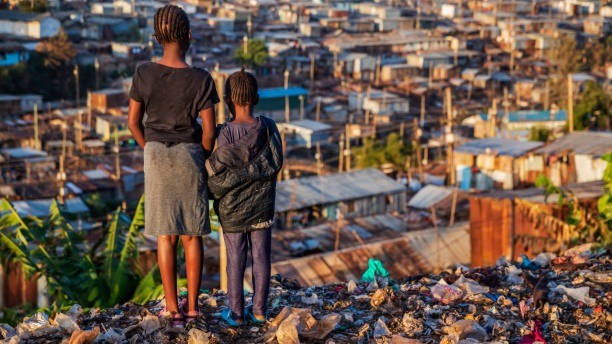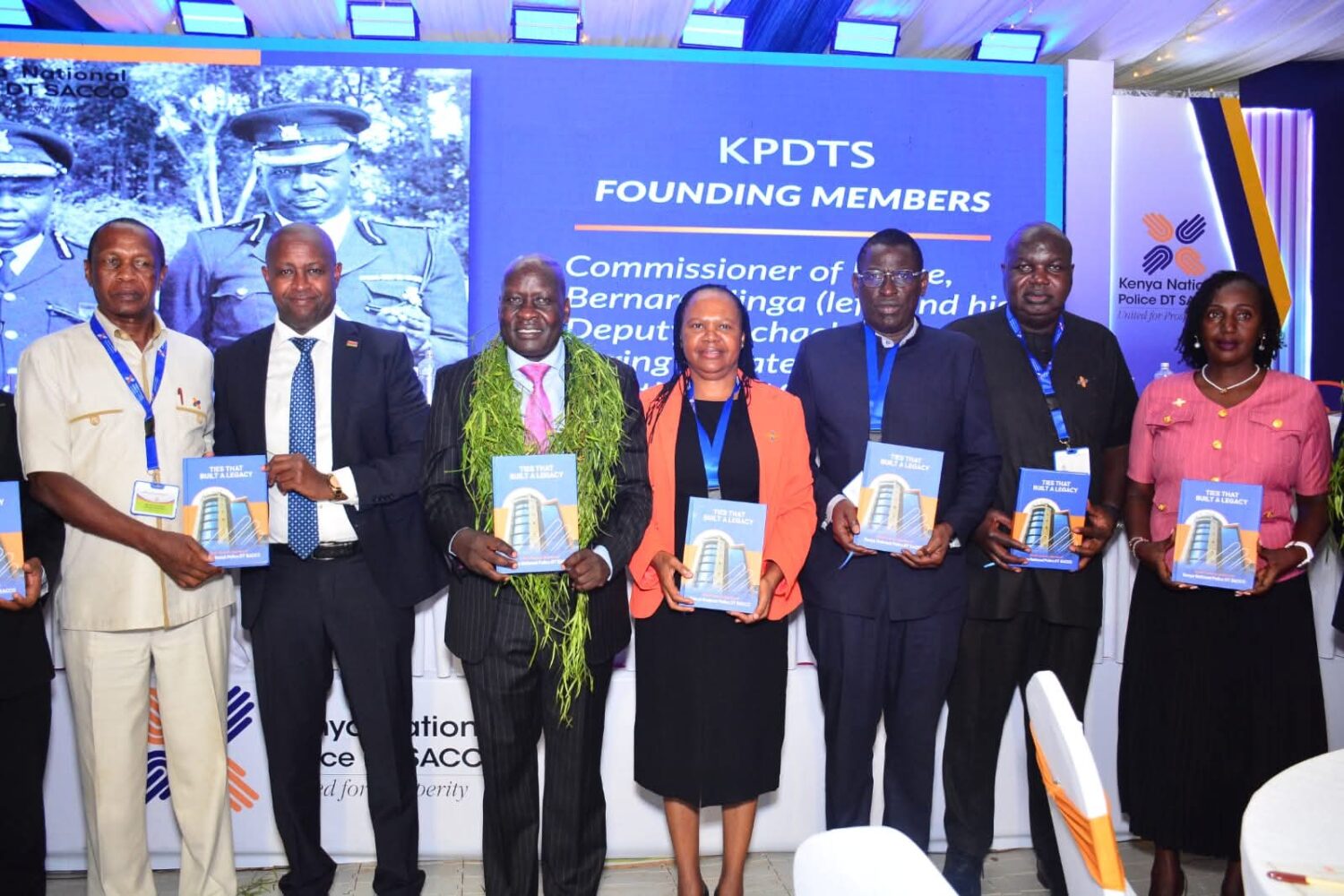Kibera is home to over 250,000 residents living in abject poverty. It’s also home to a staggering number of NGOs claiming to address the issue of Poverty. With promises of change and empowerment, these organizations paint a picture of hope for international donors. Yet, beneath the surface lies a very troubling reality. Many of these NGOs seem not to be in this informal settlement to solve poverty but to sustain it. Poverty has become a business. A convenient, renewable resource for NGOs that know how to capitalize on donor sympathy.
Hundreds of NGOs, Little Change
Kibera was home to over 500 registered NGOs as of 2019, a number that has likely grown since then. This figure doesn’t include the many unregistered organizations also operating in the area. The informal settlement has become a magnet. An attractive location for NGOs, to rally international donors under the banner of “helping Africa’s largest slum.” Yet, despite the endless flow of funds, the situation on the ground tells a very different story. A story of betrayal and neglect. A story of poverty turned into profit. A story of silent suffering behind loud campaigns.
Unemployment and underemployment remain rampant. Education and healthcare are still out of reach for many. Our question remains; Where does all the money go? How can so many organizations justify their existence when the cries of the people remain unheard? Are Kibra residents just photo ops and fundraising tools?
Where Does the Billions in Development Assistance Actually Go?
According to data from The Global Humanitarian Assistance report from 2016 , Kenya received $2.4 billion in official development assistance, with a significant portion allocated to NGOs’ development and poverty alleviation programs. Despite this huge funding, the informal settlement with over 500 NGOs continues to be neglected.
Many NGOs provide just enough assistance to create the illusion of support and progress. The help is often surface-level. Visible in reports, but not in reality. Despite showcasing the Sustainable Development Goals (SDGs) on their profiles, true sustainable development remains story za jaba on the ground. It often seems as though some of these organizations prioritize keeping people in poverty, as it ensures their own continued existence.
“The people in Kibera have been made to believe that poverty is an unchangeable condition. If we can’t offer them sustainable solutions, we shouldn’t keep them in this state. These individuals have potential, and it’s our responsibility to help them realize it.” Michael Babu, an advocate for community development states.
“This will create a dependency syndrome. You will see one family benefiting from different things from different NGOs. They do not want to change because if they change, they are afraid of stopping to receive things for free.” Babu further reflects.
As I walk through the slums, I observe groups of men engaged in construction activities, pulling carts, while women take on cleaning jobs for wealthier households, earning a few shillings to feed their children.

To me, these residents seem strong, independent, and fully capable of shaping their own futures. Yet, mainstream narratives often paint slum dwellers as helpless and vulnerable: needing empowerment through charity. This perception fuels the influx of NGOs, many of which enter these communities with the promise of “empowerment,” fully aware that this rhetoric helps them secure donations and funding.
NGOs That Actually Make a Difference
Very few individuals mentioned any good experiences, aside from a couple of examples like Kibera Girls Soccer Academy (KGSA), SHOFCO, Binti Pamoja Centre , CFK Africa, Kibera Town Centre.
“KGSA really helped me through my education journey and even supported me in securing a scholarship from a prestigious university,” says Irene Owiti, a student beneficiary of Kibera Girls Soccer Academy. “While there are good NGOs,” she adds, “most NGOs in Kibera seem to take advantage of the poor. They come in with flashy PR stunts aimed at winning favors with donors and fundraising, but they rarely provide real, lasting solutions.”
It’s a disturbing situation, but the reality is: unless NGOs shift their focus from image-building and short-term aid to long-term solutions and genuine community empowerment, the cycle of poverty will continue, packaged in glossy reports, but unchanged on the ground.












